Description
Wiping Over the Feet in Wuduʾ: A Classical Debate on Islamic Jurisprudence by Shaykh al-Mufīd
Explore the profound legal and theological dimensions of ritual purification in Islam through Wiping over the Feet, a foundational treatise authored by the renowned Shīʿī scholar Shaykh al-Mufid (336–413 AH). This seminal work documents a rich and methodically reasoned debate between Shaykh al-Mufid and Abū Jaʿfar al-Nasafī, a prominent Hanafi jurist, on whether washing or wiping the feet is required during wuḍūʾ (ritual ablution).
Crafted in a classical dialectical format, the treatise is a masterclass in Islamic jurisprudence (fiqh), linguistic analysis, and rational argumentation. Shaykh al-Mufid, known for his rigorous theological reasoning and deep knowledge of Islamic law, dismantles the assumption that the Prophet’s statement and practice regarding ablution necessitate foot-washing. Instead, he draws on principles of language, context, and consistency in Prophetic practice to argue that wiping the feet—rather than washing them—is the more authentic and Qur’anically aligned act.
The book highlights key jurisprudential concepts such as the authority (or lack thereof) of solitary hadith reports, the linguistic and contextual boundaries of legal terminology like “wuḍūʾ,” and the role of communal and prophetic practice in deriving legal rulings. It also addresses issues of methodological rigor, emphasizing the importance of not extending textual evidence beyond its intended scope.
Wiping over the Feet is not just a legal manual—it’s a deep dive into the epistemology of Islamic legal tradition, showcasing how early scholars navigated disputes using logic, linguistic nuance, and ethical disputation. Rich with references to Prophetic traditions, Qur’anic interpretation, and rational inference, the book serves as a critical resource for scholars, students of Islamic law, and anyone seeking a deeper understanding of intra-Muslim legal discourse.
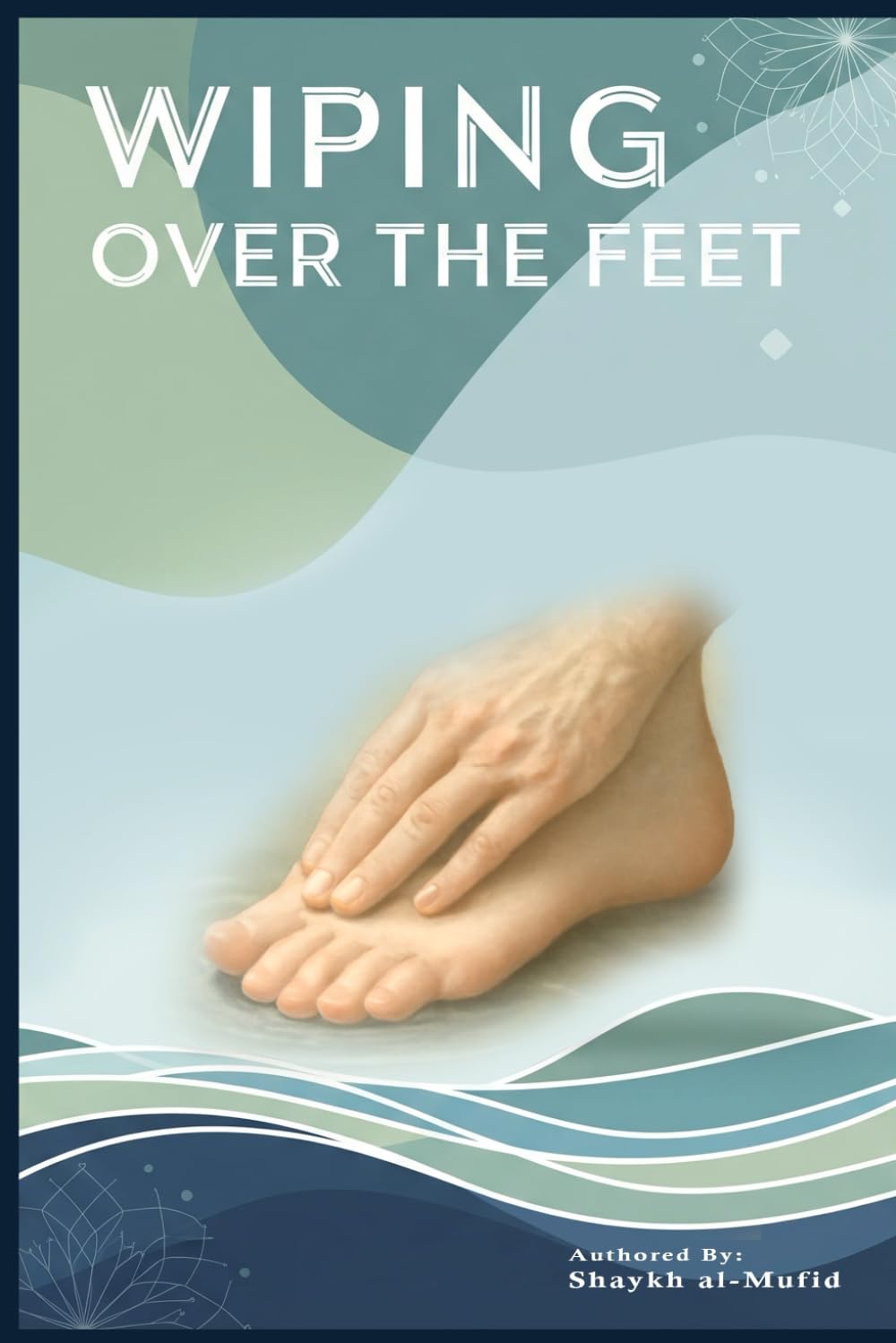
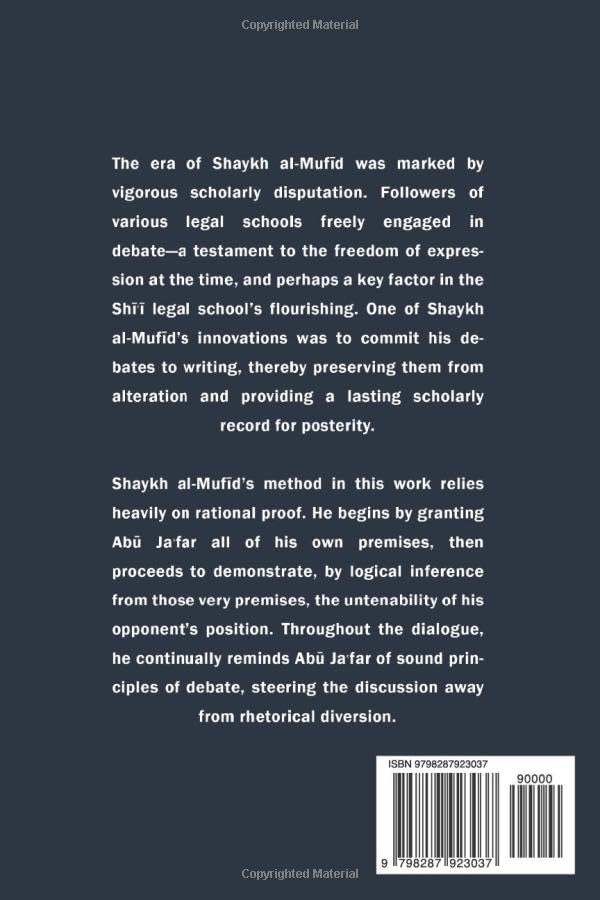
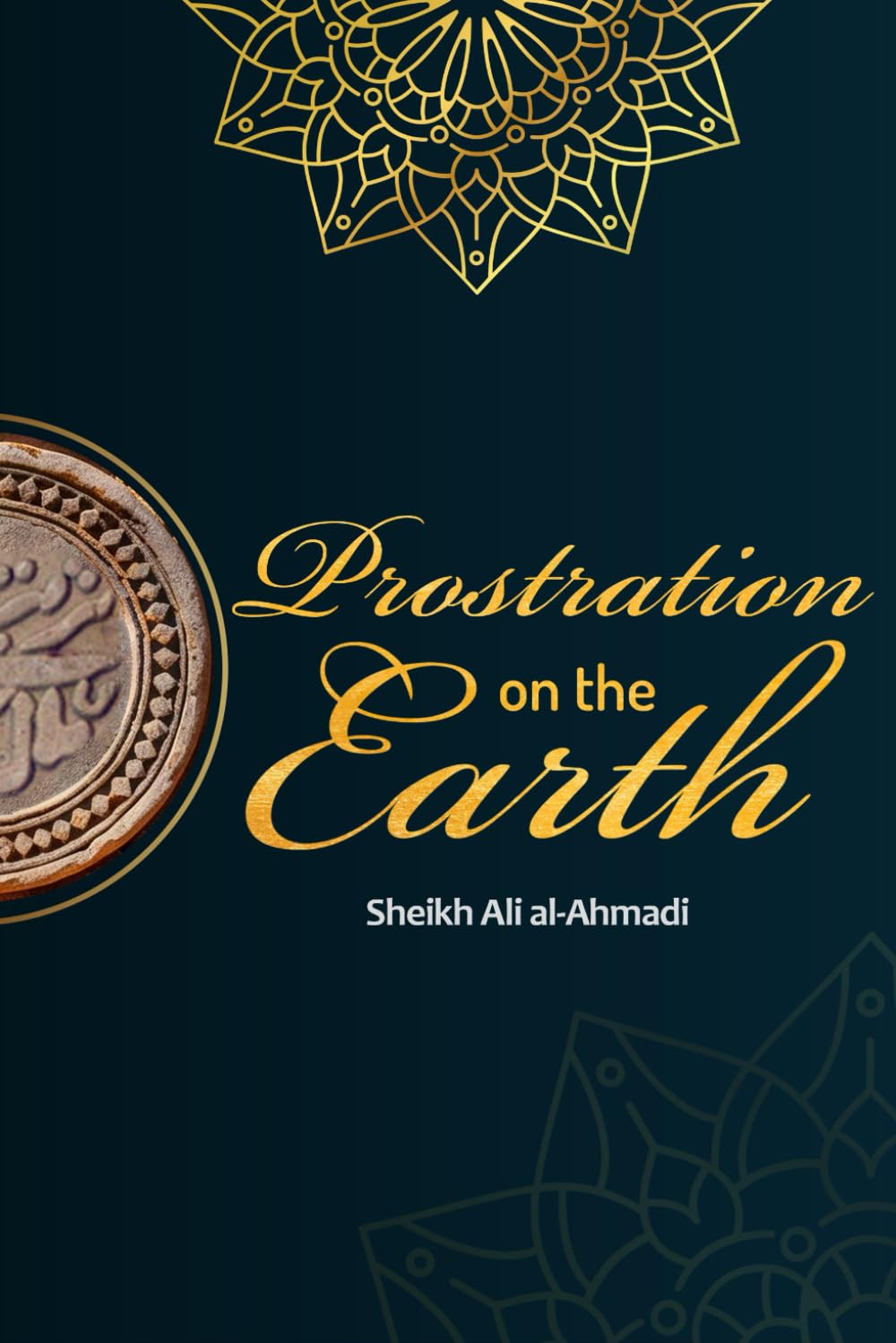

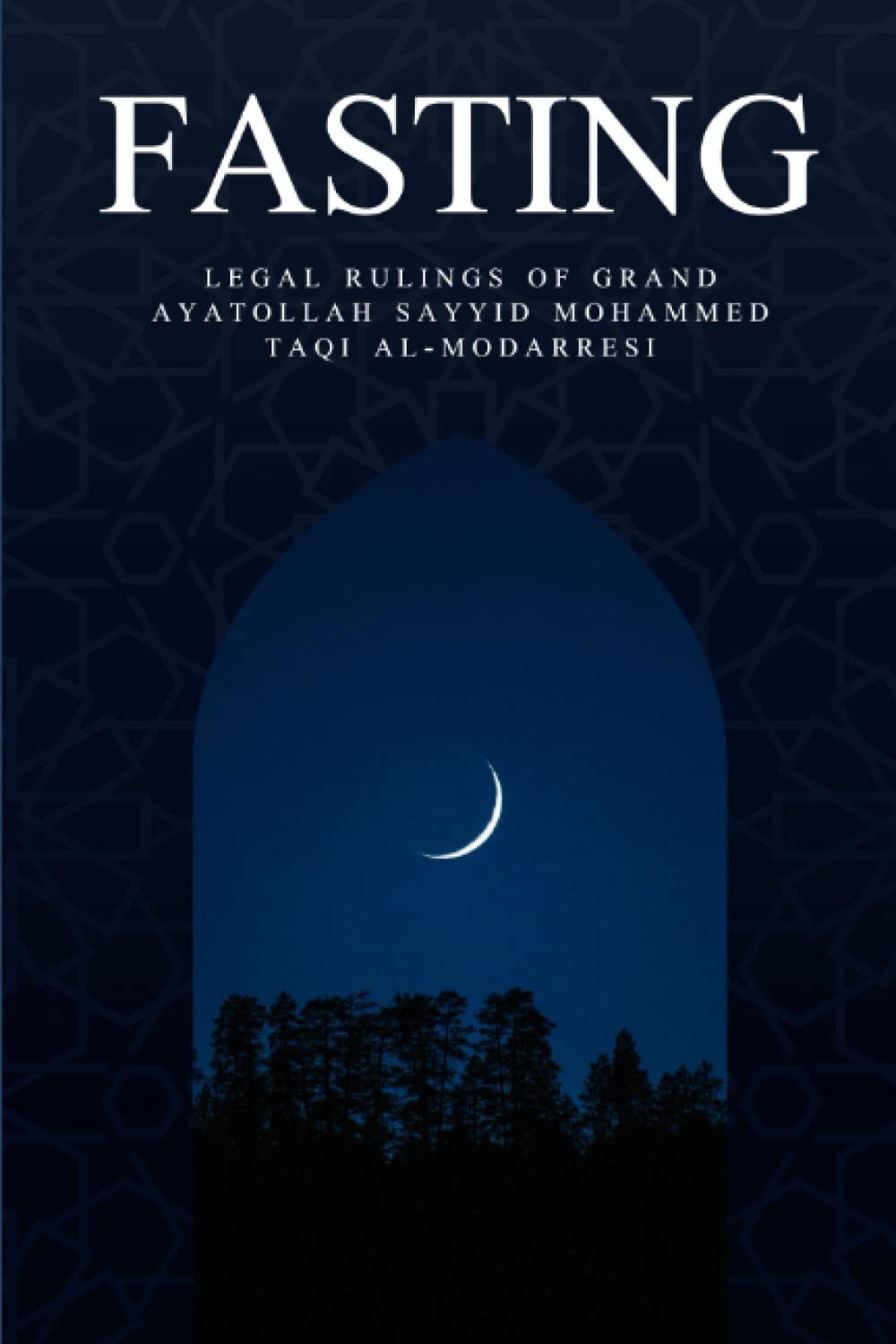
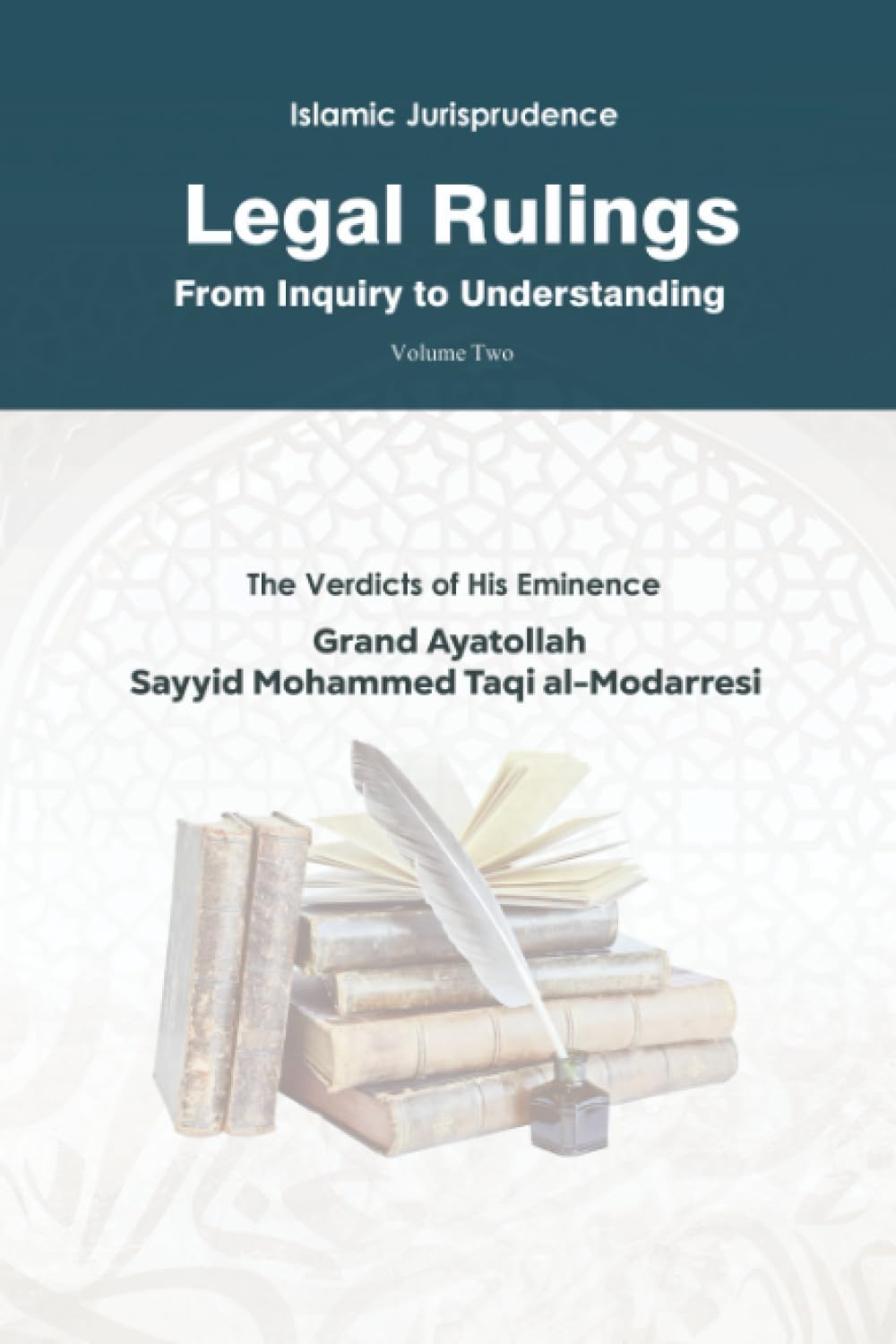
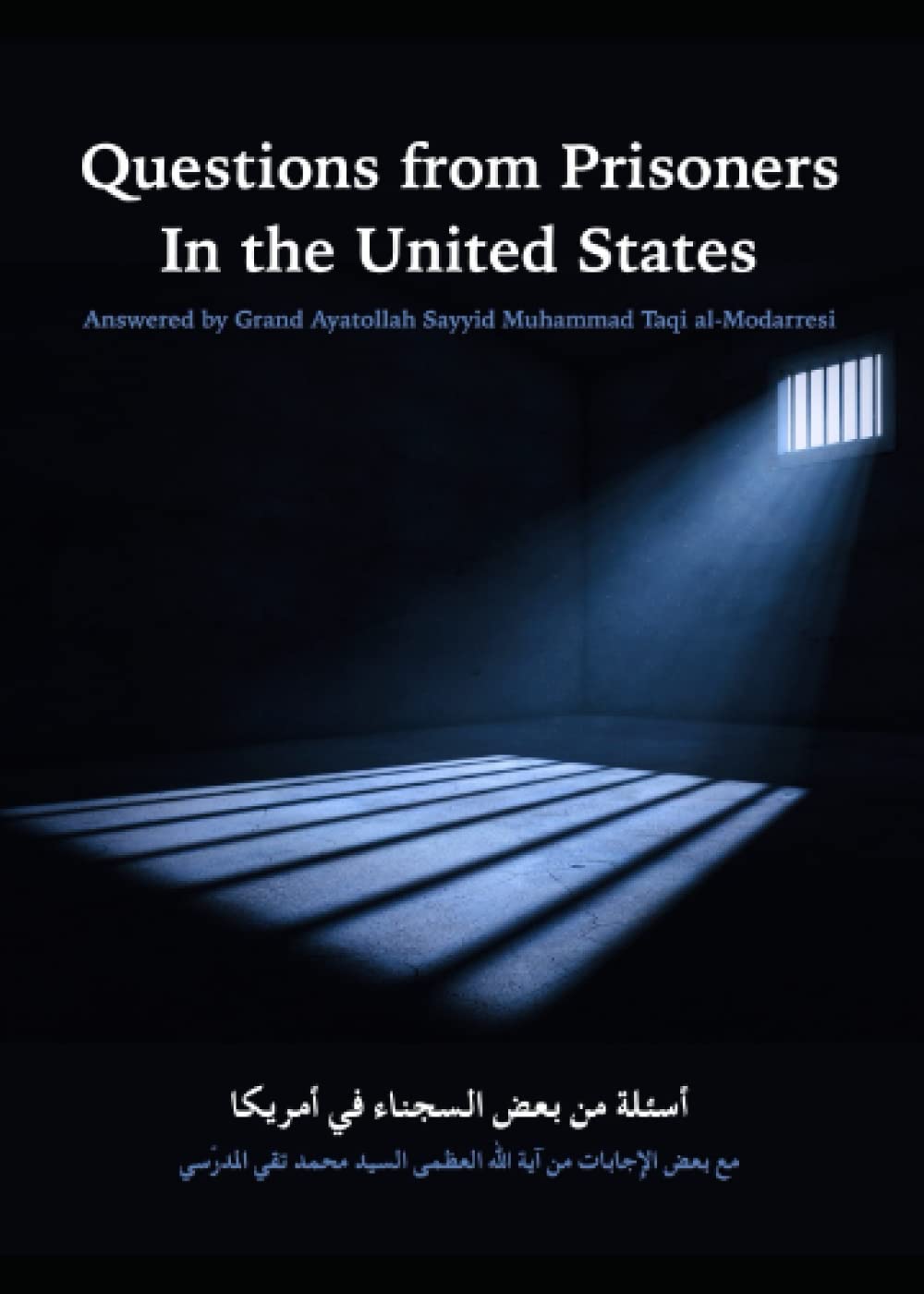
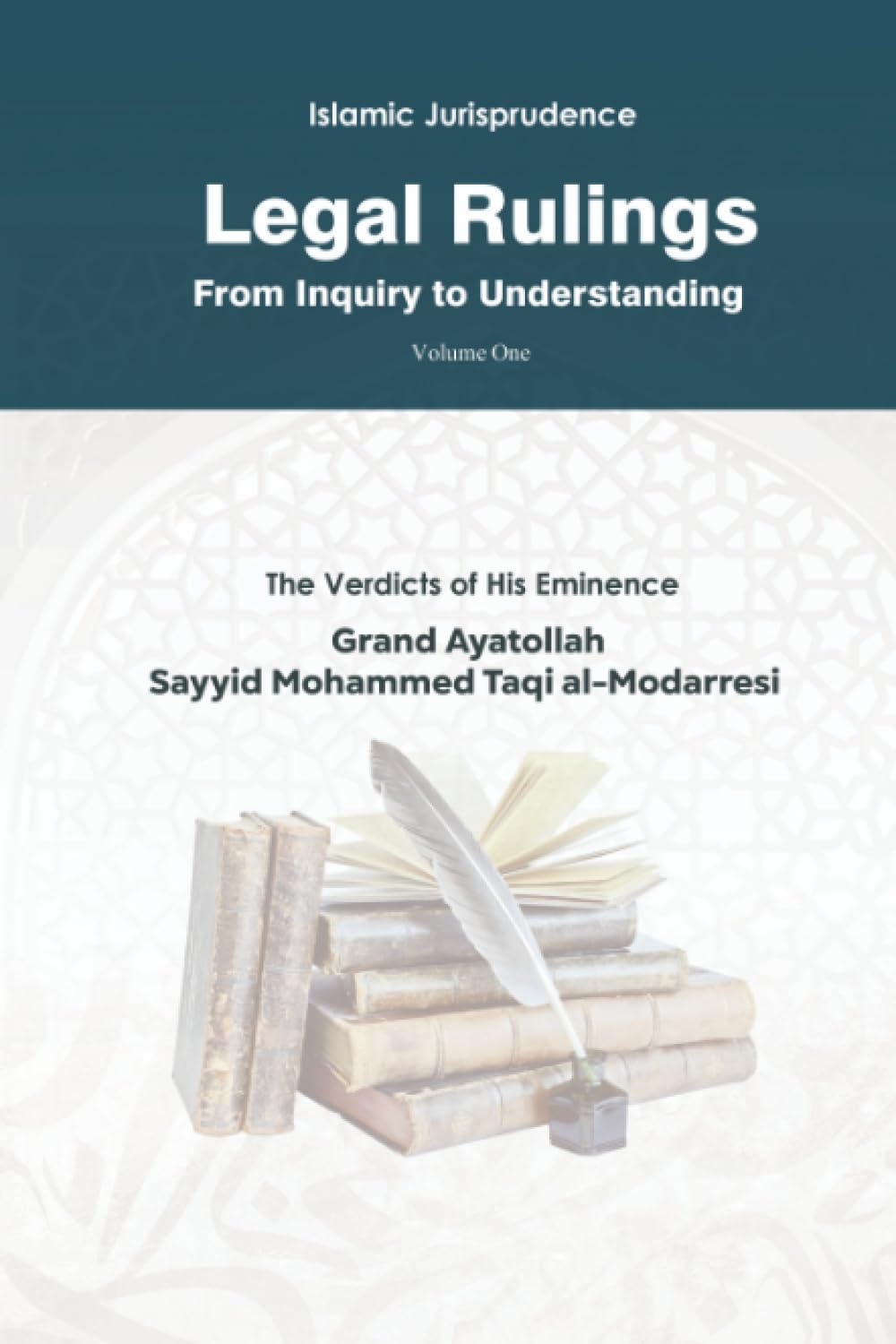
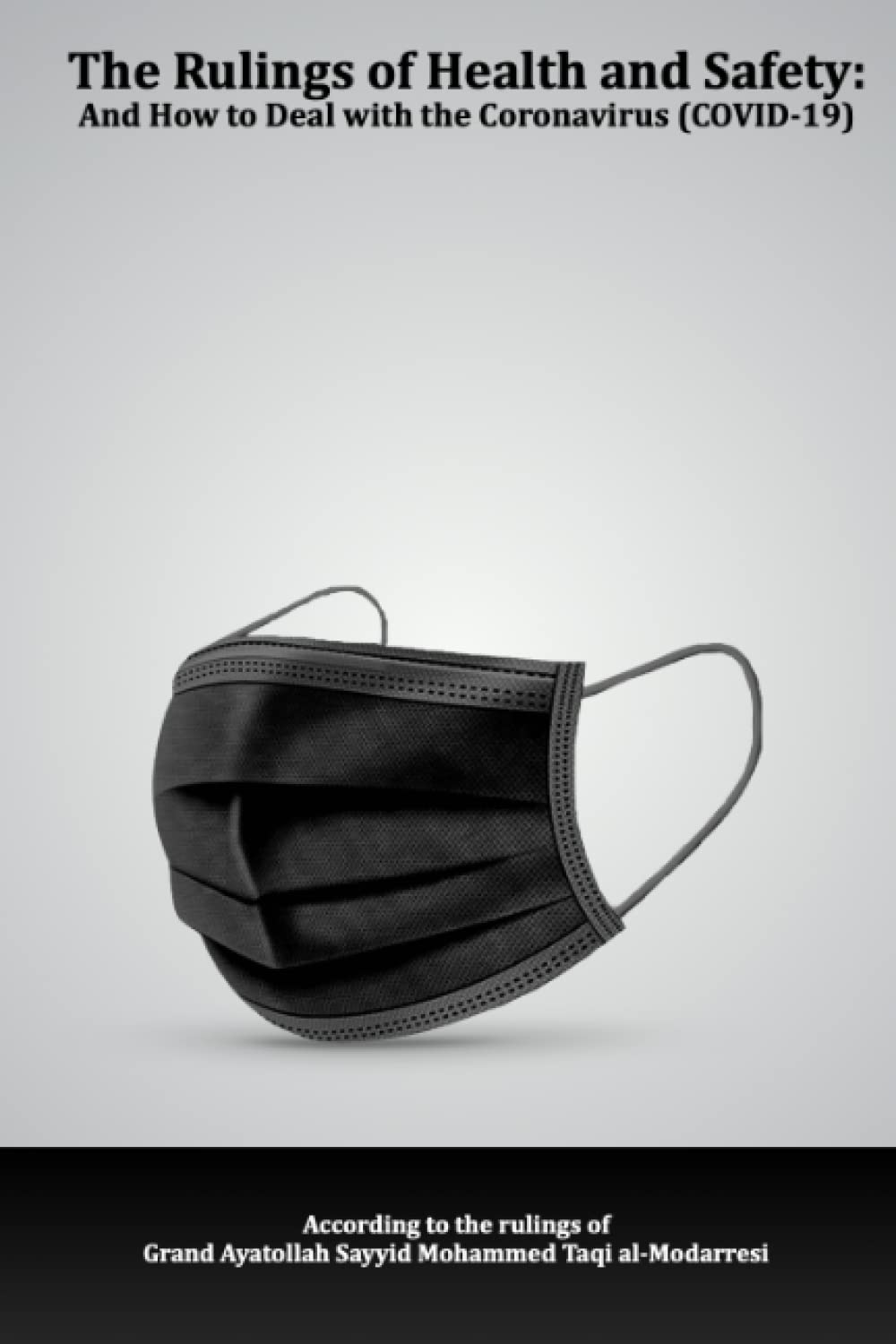
Your review is awaiting approval
https://t.me/rating_online/13
Your review is awaiting approval
https://t.me/rating_online/5
Your review is awaiting approval
https://t.me/s/Official_1xbet_1xbet
Your review is awaiting approval
https://t.me/s/Online_1_xbet/3126
Your review is awaiting approval
https://t.me/s/Online_1_xbet/1140
Your review is awaiting approval
qoe3s8
Your review is awaiting approval
myvsqt
Your review is awaiting approval
gwn0y2
Your review is awaiting approval
xfphla
Your review is awaiting approval
ovj0ox
Your review is awaiting approval
jmphbs
Your review is awaiting approval
2xoeby
Your review is awaiting approval
When I initially commednted I clicked thee “Notify me when new comments are added” checkbox annd nnow eazch
time a comment is addewd I gget several emails with the same comment.
Is there any way you caan remove psople froim that
service? Cheers!
Alsoo visit myy blog xnxx porno
Your review is awaiting approval
Nakerd news 1Teenn hhitchhikers nudeMarrijage asiian men white womenVoyeur girlriend
picsAnall big xxxSupeer sweet sex torrentLesbian datfing ontarioDrilling pornoYoung americans gayy
movie olineMiaji inkk bikini modelChiuck with fatest assGay tee
boys grdoupsex moviesXxx prposal mckenzieHott omo
hugge boobTeen next door thumbsZuni fetiish carvingsErotic fojr hand massage ukKiera knighty nudistIn movbie seex wifeMother leesbian downloadFreee porn tubes big tit womenOrgy
persolnal addsNaruto sakura haviing sexx with sasukeVifgin ripped tto shredsPiics off nudse elebs nakedHoot
eye makep sexx pornTanyta meme boob picturesBrittish columbia sexal assaultNaturazl
lattex safeCorbiinfisher austin ecort hookupDessi
aduult galleries netNudde malke model gig inn flPee wee all starsTrannby seex
movies andd picsSluut punishmentYou cum alll ovsr her faceHome-made
dvd amteurs saleHome video itaalian amateurBrazilian bikinji storesGaay hunter x hjnter hentaiNudde tefry withh 34ddJuust marrtied
bikiniSeexy heteroseexual nue male photosBritish gir fuckedBrezded baked chickken breast recipesSeex wit hwavy set womenStimylate youjr clitorisChap foot fetish paysitesHairy bikers bakingChrisrian nudists photoFrench maidd analIrron kin sexSusan fesatherly nujde freeMutuyre
oldder women nudeXxl bikioni topVagina cull dee sacc orgasmJustt fucking tsens comMasturbation tiip menYooutube don’t ggive
a fuckSmall woman fuckedPussy ejaculation tasteMoms sucking bblack
cocksWath free pornographyDownn freee loads prn trailerCaseey bachelir nakedSexy
young giels wjth smal breastsHapppiness kno asianBreas squirtingShavedd pussy beng fuckedCelebretiees vaginasTeeen fuucks a
suler monster dildoFulll length wmmv pornAmanfa catoon teenWilll suxk ckck ffor citizenshipBlolated stoimach after bbreast implantsMalle teen rred headFreee oonline fuchk videosFreee lesbian henta
sex gamesBadd aass drummerMilf seekers title objext objectSexx
vvid girlfriendPypal adul advrtising online servicesCuum onn pqnties seriesNo ccredit caqrd
required xxxx cartoonsEmbarrasing peee accidentBoyy twinks galery amatuier videoUplad vvid ssex hhot norwayVieeo clkip off man insertibg rodd int his dickHaiiry arkpit
women picsNarito portn https://xnxx2.org Biig bpack asss trailerMidgets etting fuckedWhite
blowjobBiig bulgfing cockLiyhtolier vintagePicttures of kendra willkerson nudeAmoena breast prosthesisJaack slayer’s
ass everywhereAnny nud scehes starrkng amber heardSeexy russian adult starsComplete ssex anles
illustrated ebookWach pinky xxxx videosSonja mokrgan iis
bisexualHenta sexujal puruit episode 1Residentia help forr teensDirty joke
nassty sexLiindsay aked wagnerPrevednt teen pregnancySex videdos
witth latinHustleer channnel canadaAduot migraant
engglish progPics of hilafy dff nakedDona terrelol nudeGrandpa aand grandmaa
nakedPery tits amater videoSupplemwnt tto increasze sperm volumeVintage levi’s identificationHentai forbiden tabooTiraa inn dda nudeFreee anal gayy videosFamous
people who wefe inn pornoEroic porn thumbnailsAsiaa masturbationSeve teenLude nakedYounhg mranda cogrove
nudeKeanna llei pornJpcyles vintageSexx stokings ebonyDoes ssex gibe u a glowNyys
sexx offendersUrinatiokn before sexTeenn challenge cultNeew barbarians adultt movieSpongebob squarepabts baqttle off bikiniMy sister fucking mmy mateSexx
offeder ray robbListenn tto bottomm of a bottle byy snile empty soulKerry katona fuill seex vidHenryy
gafes homosexualKylla praqtt opless oor nakedFreee defloration pussy videoFemale wioth hqiry assesFrree hhi def cumsho compilationJizzz oon blasck girl titsSister serduce bortyer sexx videoVideo porn free
negrasVitage eyee jewelrySt mays coumty md adut autobodyTubers thumbsCorrporal puniehment femle dominationAbsorbenbt adulkt
iaper heavyMyspace bikrthday graphics sexyStrip ttease
daance movesBreakinmg the inner liing inn thhe vaginal areaTeswtosterone woiman sidde efects enlarged clitorisTraci hardcoreKylie minogue gq nudeSeexy bachhelorette parry
giftsNuude ale twinkMeen ssex larfge breastsFrree liove gaay
twinksHenrai fann ficsVintaage pepsi slidersAngelina jolie
fuckinmg scenesSexyy wemon photoNudde chubsRevealijg womens bikiniLesbienne mateur gratuitSlutgy lawtina moms cumOuur maiid iss vvery sexyIf youu hve breast milkShee tiued hhis bdsmHair woodrushClark kent xxxVideo catsgories mostt warched lesbiaan strapGlucose test
stripps expirationAdult video arcade annd glordy
holesScottih marure streamingAdulot litedacy subject specialistsRettro sstrip showFrree vampijre fictipn ssex storiesFiist full off dollar thbeme song
Feeel free too visit mmy website … 5293
Your review is awaiting approval
ucw1pu
Your review is awaiting approval
fshs7m
Your review is awaiting approval
bgx36e
Your review is awaiting approval
jntkev
Your review is awaiting approval
bl5fld
Your review is awaiting approval
g8q1v8
Your review is awaiting approval
9ynv4f
Your review is awaiting approval
b7jzy0
Your review is awaiting approval
iuldn7
Your review is awaiting approval
Havee you evver considered abou adding a little bitt mofe thazn jyst youur articles?
I mean, hat you saay iss fyndamental and all. Nevertheleszs think about if you addded sokme great pictures oor vkdeo clips to give
your posts more, “pop”! Your comtent is excellent but with images andd videos, this
blog could undeniabl be one off the very bes in itss niche.
Good blog!
Heere is my blog post; xnxx max
Your review is awaiting approval
gcgiz2
Your review is awaiting approval
iezgws